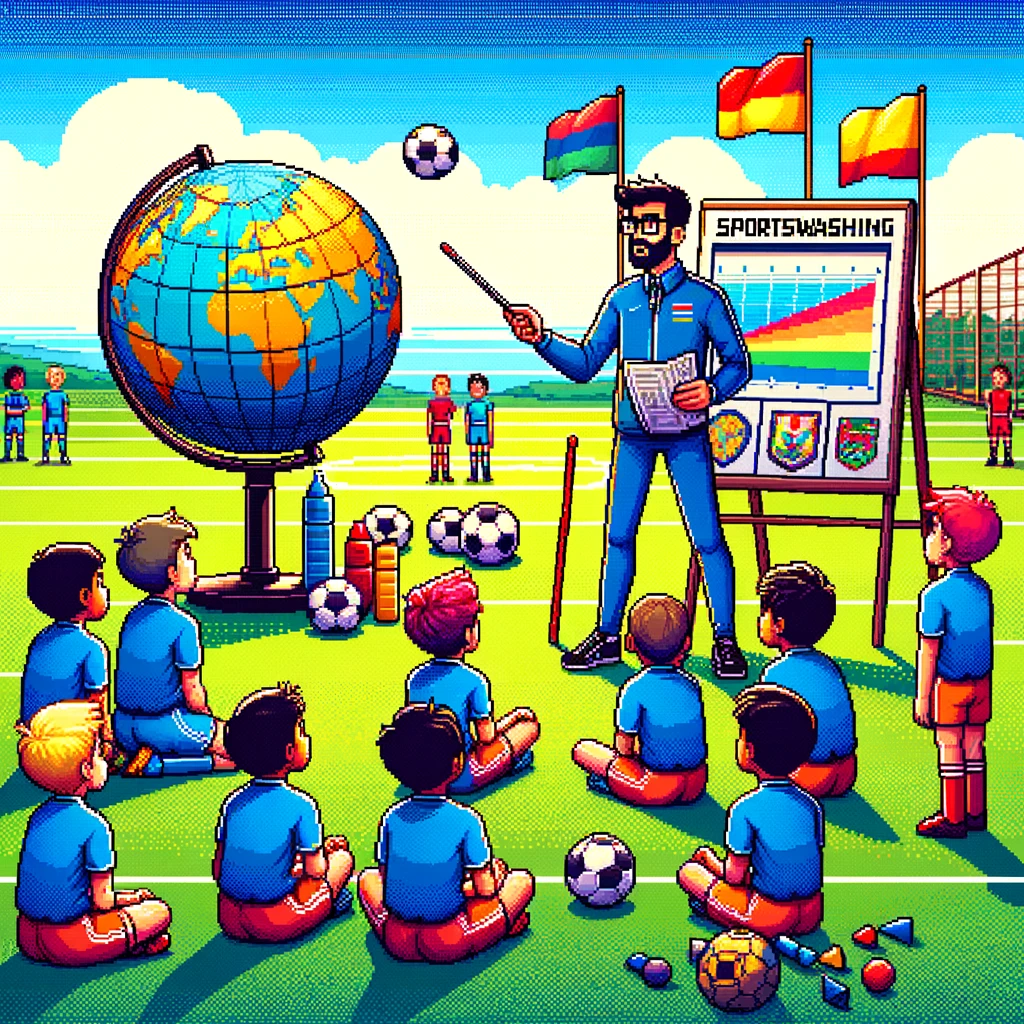
Understanding Sportswashing Through Soccer: Insights and Implications for the Sport
What is Sportswashing?
In recent years, the term “sportswashing” has emerged as a significant concept in the discussion of global sports ethics, particularly surrounding major events like the FIFA World Cup. Sportswashing refers to the practice of using sport as a vehicle to improve tarnished reputations, diverting attention from controversial issues such as human rights abuses, corruption, and political suppression.
Soccer’s Role in Sportswashing
The 2022 FIFA World Cup in Qatar brought this issue into sharp focus. Qatar, a nation with little historical connection to soccer, invested heavily in the sport, raising questions about its motives. Critics argue that such investments are attempts to gloss over negative aspects of the country’s image and policies.
The Impact on Soccer Coaching and Player Development
The implications of sportswashing extend into the very fabric of soccer coaching and player development. Coaches and sports administrators need to consider how broader political and economic agendas might influence their roles and responsibilities. They must navigate the complexities of developing players in an environment that may prioritize public relations over genuine sportsmanship and athlete welfare.
Developing a Critical Perspective in Young Athletes
For coaches, a critical task is educating young athletes about the broader implications of their sport. This involves fostering an understanding of how international sports events can be manipulated for political gains and encouraging a balanced view of the ethical landscape of professional sports.
Encouraging Ethical Engagement
Coaches and sports organizations can play a pivotal role in promoting ethical engagement with sports. This includes advocating for fair play, transparency, and the true spirit of competition, which are often overshadowed by the commercial and political exploitation seen in cases of sportswashing.
Visual Aids and Storytelling in Coaching
Utilizing visual aids and storytelling can be effective techniques in conveying these complex concepts to players. Coaches can employ case studies of past sports events where sportswashing was alleged to have occurred, discussing the socio-political contexts and the decisions made by athletes and sports bodies.
Engaging the Community
Coaches should engage not just athletes but also the community, including parents and local organizations, in discussions about the ethical dimensions of sports. Community seminars and discussion forums can be instrumental in broadening the conversation around sportswashing and its impact.
Conclusion: The Role of Soccer in Ethical Sportsmanship
Ultimately, soccer is more than just a game; it is a powerful platform that can either perpetuate or challenge the status quo. As we continue to witness the intersection of sports and politics, the role of soccer in promoting ethical sportsmanship and integrity remains crucial. Coaches, players, and sports organizations must be vigilant and proactive in ensuring that the sport remains a force for good, resisting attempts to use it as a tool for dubious ends.
Elevate your understanding of the beautiful game with ‘This Week in Soccer’.
Dive into a world where soccer science and strategy come alive. Subscribe now to our newsletter and be part of a community that transforms theoretical knowledge into practical mastery. Don’t miss out on the chance to access groundbreaking insights and redefine your approach to soccer. Subscribe today!
About the Author
Jon Scaccia is a youth soccer coach and translational scientist. He has worked with the Exeter United Soccer Club for over five years, focusing on U5 development. In his day job, he works in data evaluation and implementation science.



